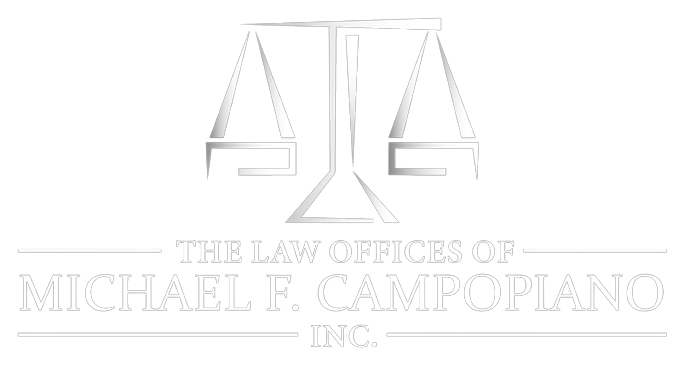Thinking About Accepting That First Insurance Offer? Read This First.
If you’ve been injured in an accident, chances are you’ll hear from the insurance company fairly quickly. They may sound helpful and even express sympathy for your injuries. Before long, you may receive a settlement offer—often before you’ve even finished medical treatment.
While it might be tempting to accept the first offer and move on, especially when bills are piling up, doing so could cost you thousands of dollars or more.At MFC Law, we’ve helped countless clients in Providence and across Rhode Island avoid the traps of early insurance settlements and fight for the compensation they truly deserve. Here’s why you should think twice before accepting that first offer—and what steps to take instead.
Why Insurance Companies Make Quick Offers
Insurance companies are businesses. Their goal is to minimize payouts and close claims quickly. The sooner they settle, the less time you have to understand the full impact of your injuries—or to speak to a personal injury lawyer.
Here’s why they rush to offer money:
- They hope you’ll settle before understanding the full value of your case.
- They want to avoid paying for future medical treatment or wage loss.
- They aim to reduce legal risk by avoiding a lawsuit.
While the offer might sound reasonable, it’s rarely enough to cover all your costs, especially if your injuries worsen or require long-term care.
Common Tactics Insurance Adjusters Use
- “We just want to help you move forward.”
This tactic is meant to build trust and convince you to settle quickly, often before you know your legal rights. - “This is the best offer you’ll get.”
Not true. Initial offers are often far lower than what you’re entitled to. They expect you to negotiate—or give up. - “If you don’t accept soon, the offer will expire.”
This pressure tactic is meant to create urgency. Don’t fall for it, especially without legal advice. - “You don’t need a lawyer.”
Of course, they don’t want you to get a lawyer, because a lawyer will know the true value of your claim and fight for more.
Why Accepting the First Offer Is Often a Mistake
1. You May Not Know the Full Extent of Your Injuries
Some injuries take time to fully appear. Whiplash, nerve damage, or soft tissue injuries may not show symptoms until days or even weeks later. By accepting a quick settlement, you forfeit your right to future compensation, even if your condition worsens.
2. You Can’t Go Back Once You Sign
Settlement agreements include a release of liability. Once you accept and sign, you can’t reopen the claim, even if your medical bills increase or you lose more income than expected.
3. The Offer Likely Doesn’t Cover All Your Losses
A fair settlement should include:
- Current and future medical bills
- Lost wages and reduced earning potential
- Pain and suffering
- Property damage
- Emotional distress
Early offers usually only cover immediate costs and ignore future needs and non-economic damages.
How to Tell If a Settlement Offer Is Fair
A fair offer should be based on:
- The severity of your injuries
- The total medical treatment required (past and future)
- You’re losing income and future earning potential
- The impact on your daily life and well-being
- Applicable pain and suffering compensation
- Who was at fault, and how is liability established
Without a detailed legal and medical review, it’s nearly impossible to assess whether the offer truly reflects the value of your case.
How MFC Law Helps Maximize Your Settlement
At MFC Law, we level the playing field between injured Rhode Islanders and insurance companies. Here’s how we help:
1. We Evaluate the True Value of Your Case
We take into account all the economic and non-economic losses you’re facing—not just what’s obvious right after the accident. This includes future care, permanent limitations, or emotional trauma.
2. We Handle All Communications and Negotiations
You don’t have to deal with aggressive adjusters. We take over all communication and fight back when insurers try to lowball your claim.
3. We Don’t Back Down
If the insurance company refuses to offer a fair settlement, we’re fully prepared to take your case to court. Insurance companies know which lawyers are willing to litigate—and that helps drive higher settlements.
4. We Work on a Contingency Fee
You pay nothing up front. We only get paid if we win your case.
What You Should Do If You Receive an Offer
- Don’t respond right away.
You are not obligated to accept or even respond to an offer without legal counsel. - Don’t sign anything.
Signing a settlement agreement closes your case permanently. - Document everything.
Save the letter or email containing the offer and any communication from the insurer. - Schedule a free consultation.
At MFC Law, we’ll review the offer and give you honest advice about whether it’s fair or far too low.
Real Example: A Providence Case We Handled
A client came to us after receiving a $22,000 offer from the insurance company following a rear-end accident in Providence. They were experiencing neck and back pain but hadn’t completed physical therapy yet.
After reviewing their case and medical records, we rejected the initial offer and began negotiating aggressively. With proper documentation and expert evaluations, we secured a $105,000 settlement—nearly five times the original offer.
This kind of result is only possible when you know the full scope of your damages—and have a legal team that’s not afraid to demand justice.
Don’t Accept Less Than You Deserve
Your injuries could impact your life for months, years, or even permanently. You only get one chance to settle your case—make sure you get it right.
At MFC Law, we’ve built our reputation by standing up to insurance companies and helping injured Rhode Islanders recover the full compensation they’re owed.
Get a Free, No-Pressure Case Review Today
If you’ve received a settlement offer, don’t sign anything until you speak with us. We’ll review your case and let you know if the offer is fair or if you could be leaving money on the table.
📞 Call MFC Law at (401) 288388
📍 Or visit mfclaw.com to schedule a free consultation






